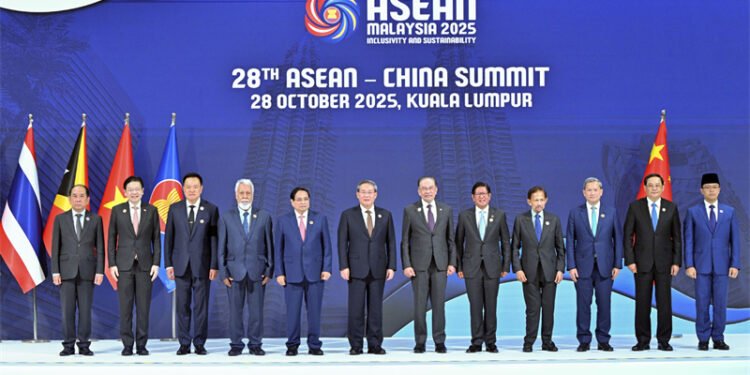The Bank of Ghana (BoG) has launched a sweeping crackdown on wilful loan defaulters in a move aimed at tightening credit discipline, restoring lender confidence, and safeguarding the stability of the financial sector.
The new directive, issued on August 13 to all regulated financial institutions, targets individuals and corporate entities that deliberately evade loan repayment or secure credit through fraudulent means.
Rising non-performing loans (NPLs) have been a pressing concern for Ghana’s financial system, undermining the profitability and liquidity of banks. According to the BoG, the latest measure is designed to prevent borrowers from abusing credit facilities and to ensure funds are used for their intended purposes.
Under the new rules, borrowers who divert funds, present falsified documents or collateral, or refuse repayment despite having the means will face severe consequences. The BoG emphasises that such conduct not only erodes trust between lenders and borrowers but also threatens the overall health of the banking sector.
The Five-Year Credit Ban and Beyond
The directive imposes strict penalties on wilful defaulters. Once the central bank approves a loan write-off, the borrower will be cut off from all regulated credit facilities for a period equivalent to twice the time between the write-off approval and the debt’s full settlement.
Repeat offenders—those named twice or more within a decade—will automatically face a five-year ban from accessing credit, or longer if the calculated prohibition exceeds that period. This marks one of the most aggressive stances the BoG has taken against credit misconduct in recent years.
In a significant transparency measure, the BoG requires all commercial banks and regulated lenders to publish the names of wilful defaulters twice a year—on June 30 and December 31—in at least two national newspapers and on their official websites.
This “name and shame” approach is expected to serve as a strong deterrent to potential offenders while informing other lenders of high-risk borrowers. For many, the reputational damage could be more costly than the ban itself.
Directors, Guarantors, and Associates Not Spared
The BoG’s directive does not stop at the primary borrower. Sanctions will also apply to company directors, guarantors, and associates found to have aided in fraudulent conduct or the diversion of loan funds.
By extending accountability to those who facilitate or enable loan fraud, the central bank aims to close loopholes that allow defaulters to hide behind corporate structures or proxies. This comprehensive approach ensures that all parties involved in credit malpractice are held to account.
Regaining Access to Credit
Defaulters who wish to regain access to credit will have to meet stringent requirements. They must: Repay all outstanding debts and associated fees in full; Clear their records with recognised credit bureaus.
The BoG believes these conditions will promote responsible borrowing and lending, ensuring that only trustworthy borrowers are allowed back into the credit market.
This directive forms part of the central bank’s broader strategy to strengthen the resilience of Ghana’s financial system. By tightening lending rules, the BoG aims to curb the growth of NPLs, improve the profitability of banks, and enhance overall liquidity in the sector.
The crackdown also sends a clear message to both borrowers and lenders: credit is a privilege, not a right, and its abuse will not be tolerated.
Industry Reaction and Implications
While some industry observers welcome the move as necessary for restoring discipline, others have raised concerns about its potential impact on credit access, particularly for SMEs. Critics argue that the fear of public shaming might discourage genuine borrowers facing temporary repayment difficulties from seeking loans.
However, proponents counter that the directive clearly distinguishes between borrowers in genuine financial distress and those wilfully defaulting despite having the capacity to pay. By targeting deliberate misconduct, the BoG aims to maintain a fair and transparent lending environment.
With this directive, the Bank of Ghana has made it clear that loan fraud will not go unpunished. Borrowers, directors, guarantors, and associates who engage in fraudulent practices or misuse credit facilities now face not only financial penalties but also public exposure and long-term exclusion from the regulated credit market.
READ ALSO: Integrated Tax Systems Could Supercharge Ghana’s Economy – World Bank























